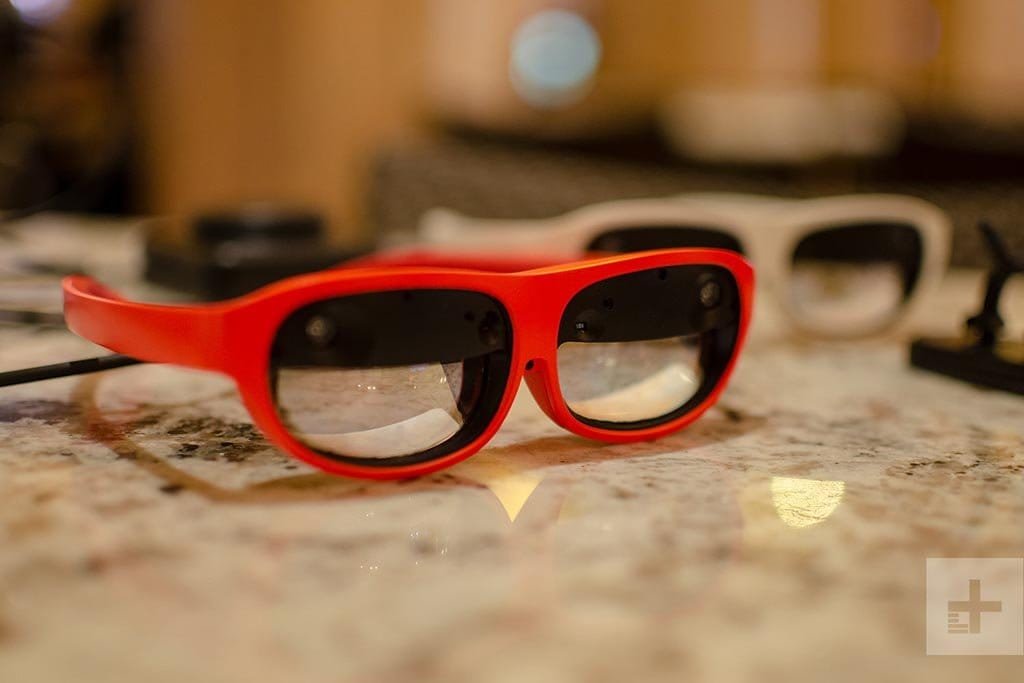Nreal’s AR Sunglasses Cost $499 and Should Ship in ‘Limited Quantities’ This Year

Nreal’s augmented reality glasses — which introduced at CES fair in January — will stamp a surprisingly low $499 and are presupposed to originate shipping this year. The Nreal Light glasses toddle into a Snapdragon 855-powered smartphone over USB-C, and Nreal promised at this week’s Augmented World Expo that they’ll be on hand to shoppers in “cramped quantities” later this year, then ship in mass-market quantities subsequent year. A $1,199 kit for builders will embody the glasses, a controller, and a true computing pack that can change for a telephone.
The Nreal Light glasses offer an expertise that’s someplace between a heads-up expose and entire-fledged, excessive-cease blended reality — whereas making an tryform offancy long-established glasses. You would possibly additionally exhaust them to survey video on digital screens, but additionally to convey digital objects within the right world and glance around them.
Nreal is one of the first headset makers to take part in Qualcomm’s XR certification program, which is presupposed to recall goal appropriate thing about 5G network speeds to present excessive-quality streaming of video games, system, or video to AR glasses. It’s announced partnerships with a differ of carriers, collectively with China Mobile, China Telecom, China Unicom, Japan’s Softbank Corp., Korea’s LG Uplus, and Switzerland’s Swisscom.
We had been fans of the Nreal glasses that debuted at CES — my colleague Cleave Statt said the visual quality used to be surprisingly excessive for a light-weight and unobtrusive instrument, though he didn’t uncover the tracking and spatial mapping as appropriate because the competing (and phenomenal more costly) Magic Leap One and Microsoft HoloLens headsets. Nreal says that it’s since improved the fit of the glasses and added a pair of, unspecified colour decisions.
That doesn’t necessarily mean it is most practical to nonetheless make a choice the Nreal Light when Nreal in any case opens up gross sales. 5G networks and AR are both firmly in early-adopter territory, and $499 is inexpensive for neat glasses, but nonetheless swish costly for a particular phase device. Even so, it’ll be a appropriate signal for Qualcomm’s XR platform if they in any case ship in 2019 — and after seeing them at delivery, we’re hoping to inspect the accomplished product for ourselves.




